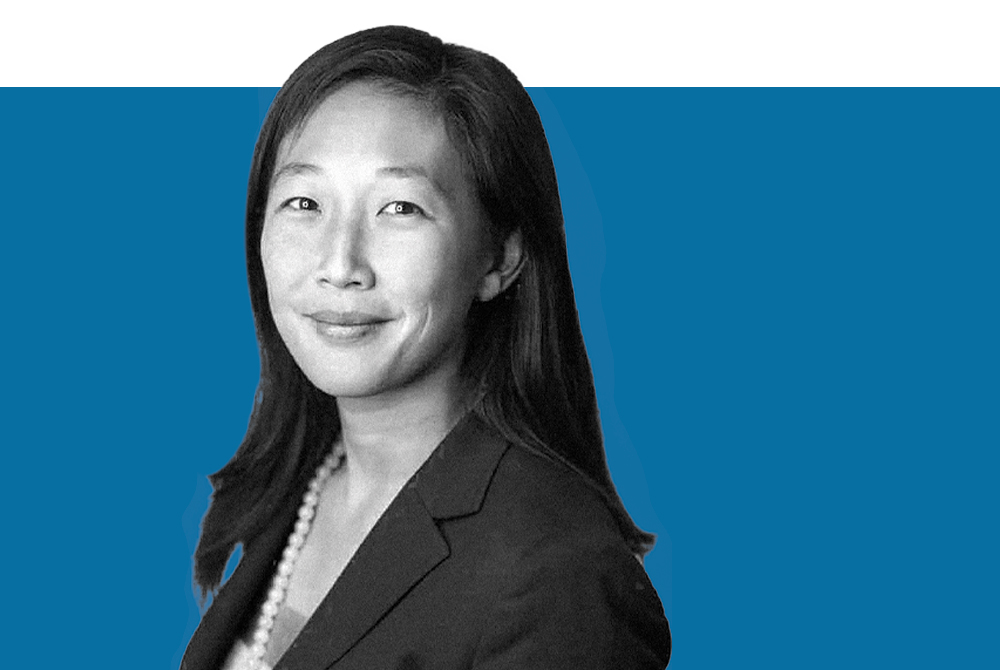
arsha Chien L’10 didn’t get a lot of sleep in the weeks after Donald Trump was inaugurated as president.
On Friday, January 27, 2017, Trump signed an executive order that banned foreign nationals from seven predominantly Muslim countries from visiting the country for 90 days.
Chien, an Assistant Attorney General with the Washington State Attorney General’s Civil Rights Unit, and her colleagues worked all weekend to prepare briefs challenging the order. Washington state, the lead plaintiffs, sued on Monday.
“It was a very busy weekend,” Chien said.
The Muslim travel ban case, she said, was about “recognizing and asserting our power and our authority to protect our residents and the state itself from encroachment onto constitutional rights, not even just our anti-discrimination laws but our own federal protections as well.
“It was important for other states to recognize they also had power to challenge this new administration as it started to move forward.
“When the order came down [for a temporary injunction], I was really proud to be part of the legal profession to have been able to do something and to stop something,” Chien said.
The Muslim travel ban was ultimately upheld, but it was, according to Chien, in President Trump’s own words, “watered down.”
The Virginia-raised Chien is the daughter of immigrant parents from Taiwan and that added to her pride on working on the case. “The Muslim travel ban has a lot of historical traces to the Chinese Exclusion Act in litigation and that’s why it was a particularly meaningful case for me,” she said. The Chinese Exclusion Act, approved in 1882, was the first significant law restricting immigration into the United States and provided a ban on Chinese labor immigration for more than 50 years.
Chien also finds it meaningful that vulnerable populations with limited resources or the inability to find their own lawyer have the state on their side.
It’s not just her work as an attorney general that brings her fulfilment. One of her favorite cases came when she was a Staff Attorney at a legal aid society in San Francisco in which a naturalized citizen had been rejected for a job because he had unwittingly used a false social security number given to him by his parents when he was undocumented.
She won the case, but what has stayed with her was walking with her client into a “huge grand federal court” and him feeling like he had a voice.
“Civil rights laws and civil rights cases have an immediate tangible effect that pretty much anyone can understand,” Chien said “Being excluded from the country despite the fact that you have a green card just because the president said so one day. Everyone sees why that seems so unfair. I think everyone comes to law school with a deep sense, not necessarily the same sense, but a deep sense of what they think to be unfair. I think civil rights laws are the heart of what we as a society view as unfair. So you get a chance to shape what civil rights means to Americans, which is really ever-changing. It’s really a big way of how our society is shaped in general. If we view disability rights as a civil right, that changes how our society works.”